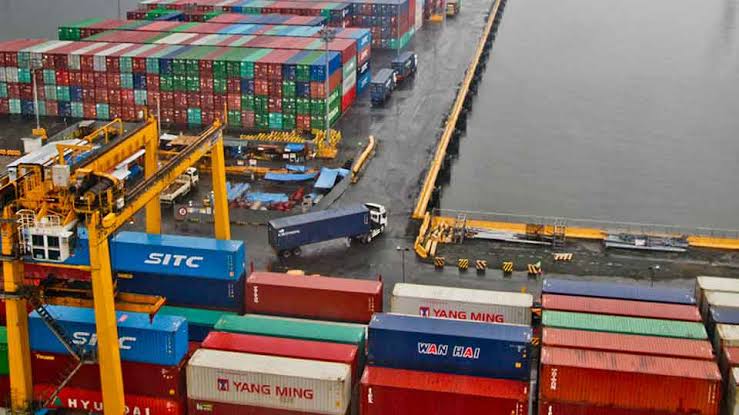The Manufacturers Association of Nigeria (MAN) has expressed concerns over the Nigerian Ports Authority’s (NPA) proposed 15 per cent increase in port-related charges.
In a statement on Sunday in Lagos, MAN’s director-general, Segun Ajayi-Kadir, noted that the manufacturing sector was already beguiled by many challenges.
“While we acknowledge the need for revenue generation, increasing port tariffs can be counterproductive in the long run,” said Mr Ajayi-Kadir.
“MAN implores the NPA to shelve the proposed 15 per cent tariff increase and, instead, collaborate with stakeholders to explore sustainable alternatives for revenue generation.”
On Thursday, the NPA disclosed its decision to begin a review of its tariff across rates and dues to ensure it met current demands in port operations. It cited infrastructural development and all-round competitiveness as reasons for the review, which was its first since 1993.

However, the MAN director general stated that the timing was inimical, particularly as businesses struggled with the rising cost of operations and high foreign exchange rate, among general economic uncertainties.
Mr Ajayi-Kadir added that rising inflation, foreign exchange challenges, and declining industrial capacity utilisation characterise Nigeria’s current economic climate.
He noted that ports, as the gateway to international trade, play a crucial role in the efficiency and cost-effectiveness of business operations.
“According to the United Nations Conference on Trade and Development (UNCTAD), 80 per cent of Nigeria’s traded goods are transported by sea, with 70 per cent of total imports and exports in West and Central Africa destined for Nigeria.
“For manufacturers, port-related charges constitute significant indirect costs, as most raw materials and industrial machinery are imported through these ports.
“Any increase in charges will have a ripple effect, leading to higher production costs, increased inflationary pressures, and reduced competitiveness of locally manufactured goods,” Mr Ajayi-Kadir said.
The MAN director general stated that many businesses are experiencing worrying downturns due to unsustainable operating costs.

He said that increasing port tariffs was ill-timed and could signal a departure from the government’s avowed efforts and commitment to the ease of doing business.
According to him, it is inevitable that this additional strain on industrial activities will ultimately lead to reduced capacity utilisation and possibly job losses.
“Furthermore, Nigeria must remain competitive in regional trade. Neighbouring countries with more efficient and cost-effective ports will become far more attractive alternatives, leading to increased cargo diversion.
“This will not only reduce revenue for the Nigerian government but will encourage smuggling and other untoward trade practices that weaken our economy,” he said.
Mr Ajayi-Kadir said alternative approaches to port revenue generation, such as reducing turnaround time for vessels, improving cargo clearing processes, tackling bottlenecks and infrastructural development, were critical.



